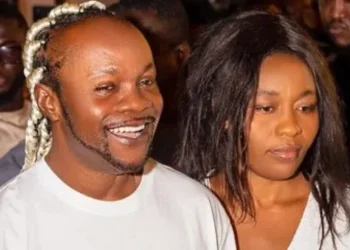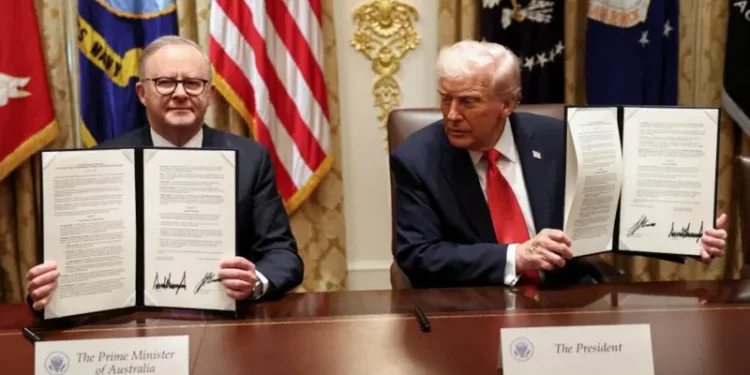The music industry is a complex landscape where talent, creativity, and marketability intersect.
However, a significant issue persists: the pay disparity between gospel artists and their secular counterparts.
This disparity raises questions about the value of different genres and the underlying cultural and economic factors contributing to this inequity.
Recently, industry leaders, artists, and fans have begun to call for an end to this disparity, advocating for fair compensation and recognition for gospel musicians.
Gospel concerts and events often rely on church funding or donations, which limits the financial resources available for artists. In contrast, secular concerts typically generate significant revenue through ticket sales and sponsorships.
Popular gospel music producer, Kwesi Ernest, called for an end to the payment disparity between gospel and secular artists in the Ghanaian music industry.
Ernest pointed out that while secular artists like Sarkodie can command performance fees of up to GHC100,000, gospel artists often receive far less, sometimes as low as GHC20,000.
He described this disparity as “rascality” and emphasized that it must end. He also touched on the growing recognition of gospel music in Ghana, acknowledging the efforts of industry stakeholders who have worked to elevate the genre.
In an exclusive interview with the Vaultz News, Ghanaian artist, Isaac Sarfo Sowah, popularly known as Da Saint, has added his voice to Kwesi Ernest’s call for an end to the payment disparity between gospel and secular artists.
According to Da Saint, Sarkodie is an international artist as well as other Gospel artists. He cited an example comparing Sarkodie to some Ghanaian gospel artists, mentioning, Joe Mettle who is also an international artist.
“If Sarkodie and Joe Mettle were to host a program, the number of people that would go for Sarkodie’s program would be more than Joe Mettle’s program. So branding counts and then, the style of music also counts because you cannot compare a gospel artist to a secular artist.”
Da Saint
However, he revealed what makes Ghana music unique from other countries, especially in terms of how gospel and secular music are viewed and valued.
“I will say our culture. And then the Afrobeat music we do. It makes Ghana music because when you compare, Ghana and Nigeria, I think we are the only countries producing Afrobeat.
“Other countries like Cameroon, and Ivory Coast, do also have theirs. But when it comes to Ghana, everybody knows the Afrobeats, highlife, reggae [gospel/secular] and rap music that makes Ghana music unique from the others.”
Da Saint
Given that the secular music industry often benefits from significant corporate sponsorships and ticket sales, Da Saint expressed his view on how gospel artists and industry leaders can better collaborate to create more opportunities for financial sustainability in gospel music.
According to him, a secular artist would make more sales due to their way of promotion as compared to gospel artists. “Fan base sometimes reflects what an artist does,” he added.
“I feel the reason these gospel artists are not selling is because they are not adding more value to their own craft. They don’t normally promote. Most of their target people are just the churches and they lack collaboration, but secular artists go global.”
Da Saint
Calls for Change

Artists and advocates within the gospel music community are calling for industry leaders to recognize the value of gospel music and support fair compensation practices.
This includes pushing for better contracts, equitable pay for performances, and increased visibility in mainstream media.
Encouraging collaboration between gospel and secular artists helps bridge the gap. By working together, artists share their platforms and audiences, potentially leading to increased recognition and financial opportunities for gospel musicians.
Establishing programs that educate artists on their rights, contract negotiations, and financial management empowers gospel musicians to advocate for themselves and ensure they receive fair compensation.
Kwesi Ernest calls for an end to the pay disparity, even describing it as “rascality”, Da Saint expressed his thoughts on the comments and his belief that there is a growing movement within the industry to address this issue. “The industry is corrupt,” he said.
The pay disparity between gospel and secular artists is a multifaceted issue that reflects broader cultural and economic dynamics within the music industry.
As the conversation around this disparity continues, artists, industry leaders, and fans need to work together to advocate for change.
By recognizing the value of gospel music and ensuring fair compensation for its artists, the industry fosters a more equitable environment that celebrates and uplifts all genres of music.
READ ALSO: Elections as a Sacred Choice, Activists Urge Integrity and Accountability























